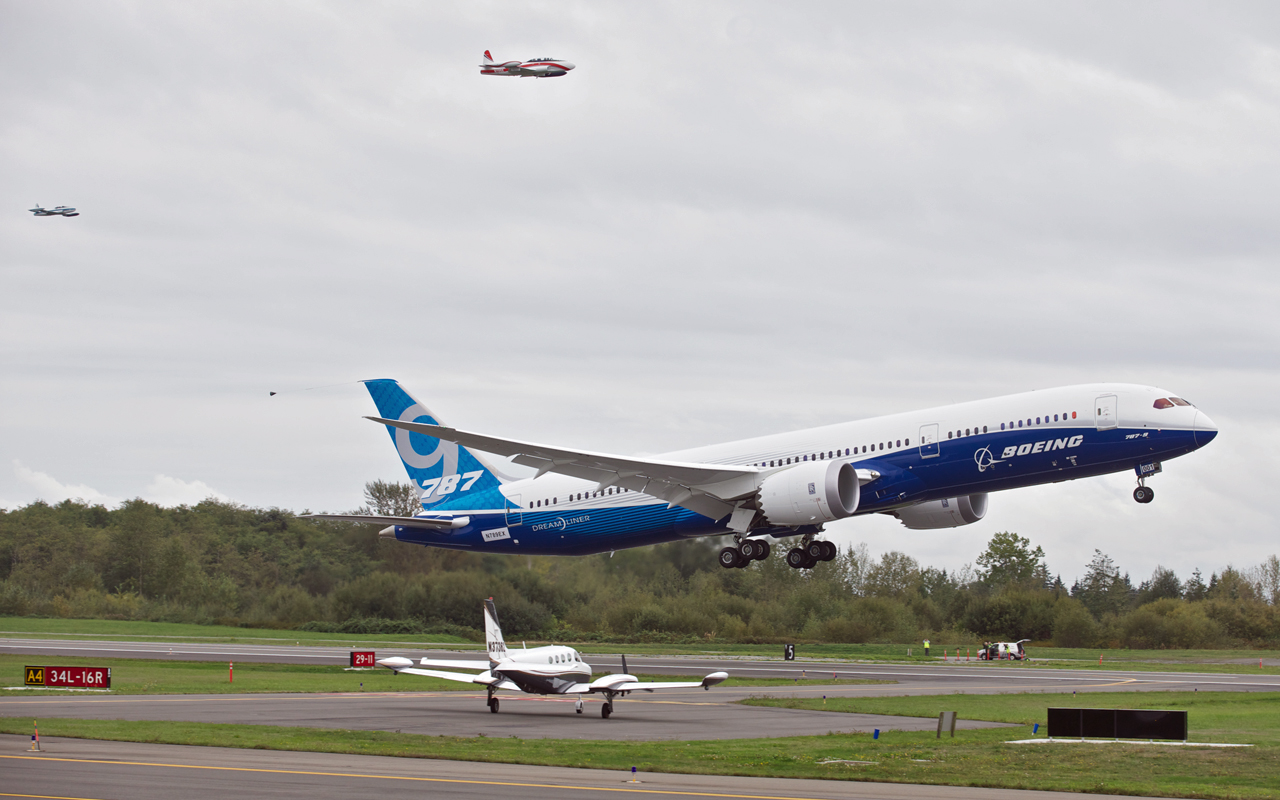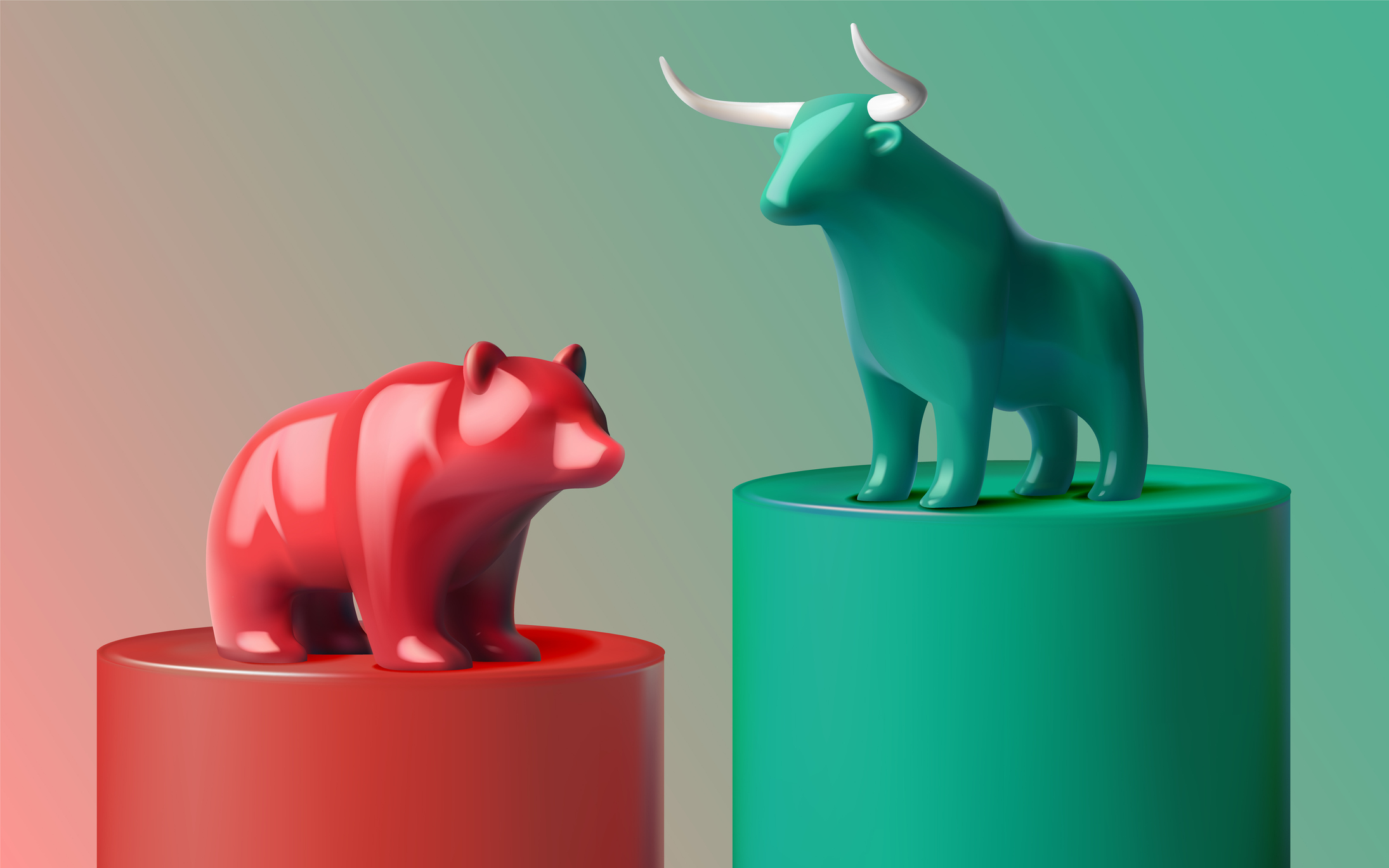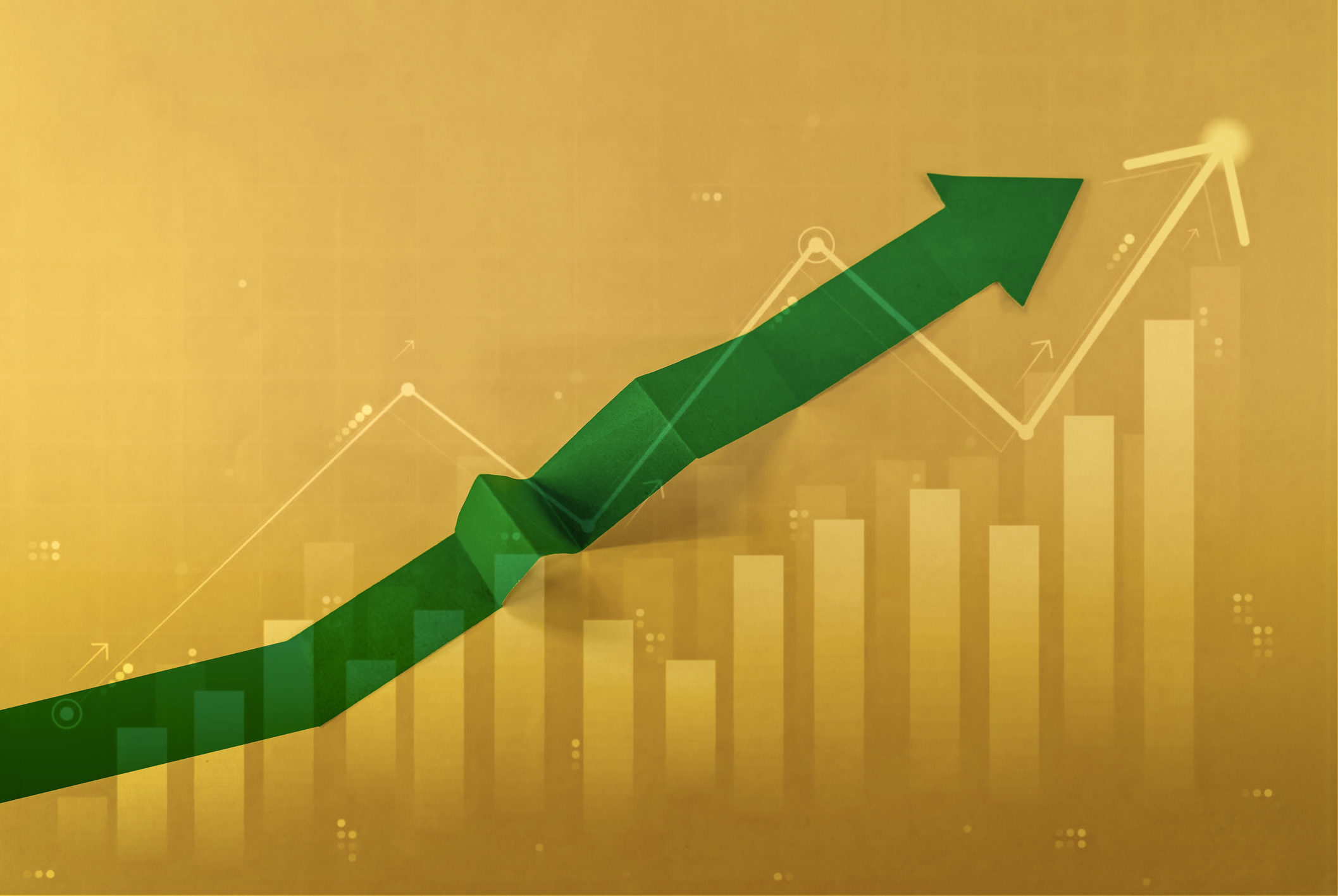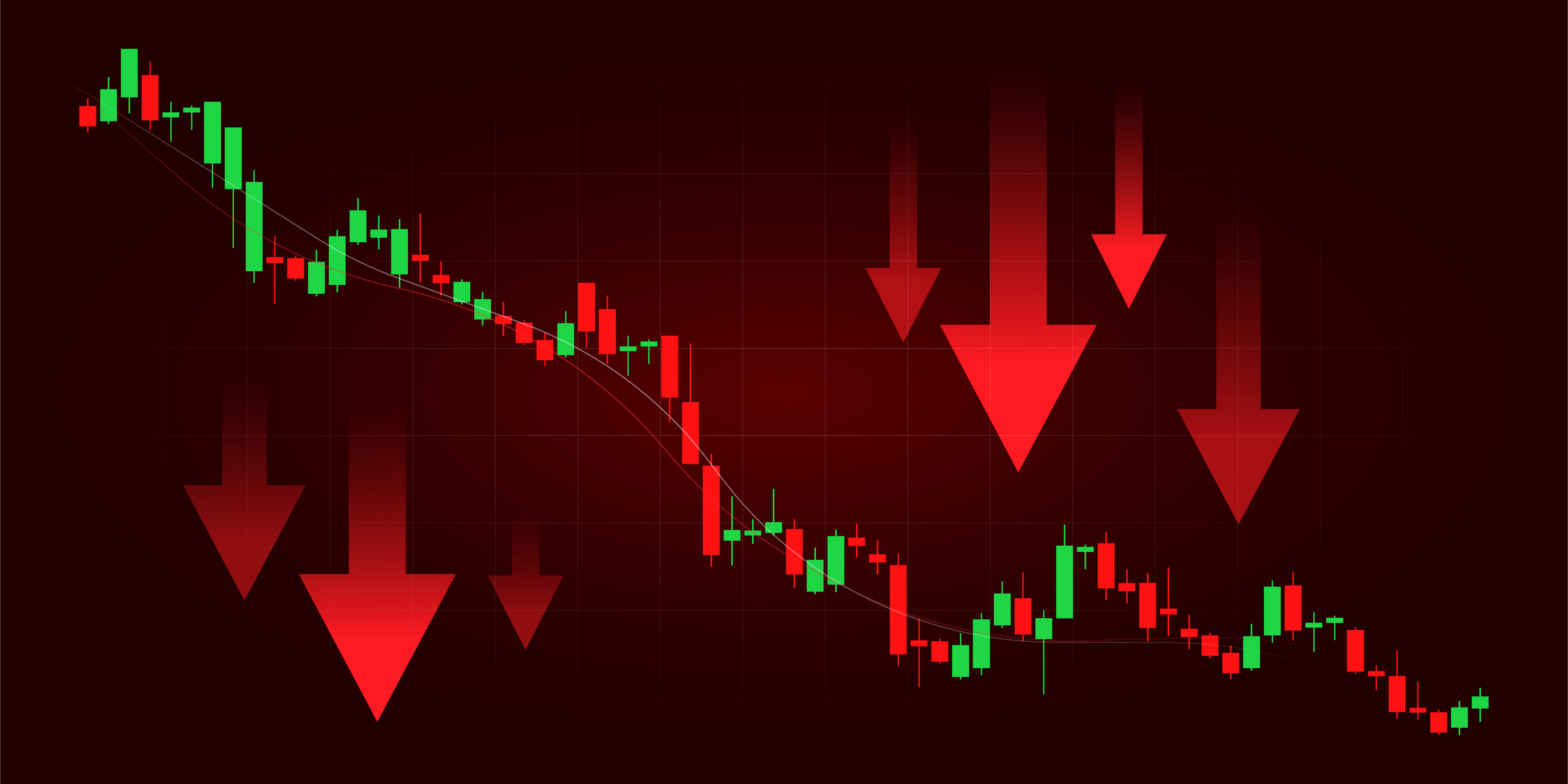I'm Taking a Flier on Boeing Shares
Even if trade talks with China head south, I think Boeing can prevail.


Profit and prosper with the best of Kiplinger's advice on investing, taxes, retirement, personal finance and much more. Delivered daily. Enter your email in the box and click Sign Me Up.
You are now subscribed
Your newsletter sign-up was successful
Want to add more newsletters?

Delivered daily
Kiplinger Today
Profit and prosper with the best of Kiplinger's advice on investing, taxes, retirement, personal finance and much more delivered daily. Smart money moves start here.

Sent five days a week
Kiplinger A Step Ahead
Get practical help to make better financial decisions in your everyday life, from spending to savings on top deals.

Delivered daily
Kiplinger Closing Bell
Get today's biggest financial and investing headlines delivered to your inbox every day the U.S. stock market is open.

Sent twice a week
Kiplinger Adviser Intel
Financial pros across the country share best practices and fresh tactics to preserve and grow your wealth.

Delivered weekly
Kiplinger Tax Tips
Trim your federal and state tax bills with practical tax-planning and tax-cutting strategies.

Sent twice a week
Kiplinger Retirement Tips
Your twice-a-week guide to planning and enjoying a financially secure and richly rewarding retirement

Sent bimonthly.
Kiplinger Adviser Angle
Insights for advisers, wealth managers and other financial professionals.

Sent twice a week
Kiplinger Investing Weekly
Your twice-a-week roundup of promising stocks, funds, companies and industries you should consider, ones you should avoid, and why.

Sent weekly for six weeks
Kiplinger Invest for Retirement
Your step-by-step six-part series on how to invest for retirement, from devising a successful strategy to exactly which investments to choose.
At times like these, I am grateful to be investing my own money. That's because I decided to go all in on Boeing (symbol BA, $339), and recent events make that look risky. I'm willing to accept the risk, but I'm not sure what I'd recommend to anyone else.
Boeing has been firing on all cylinders. In addition to announcing major new orders for aircraft on a nearly weekly basis, the company already has a $488 billion backlog–roughly five times this year's expected revenue. Moreover, a "refresh" cycle for the wide-body jets that Boeing makes is expected to begin in 2020, which should keep the company's manufacturing facilities humming for years.
Earnings per share were up a whopping 77% in 2017 and are expected to jump another 15% or 16% in 2018, and the company hiked its annual dividend by 20% in December.
From just $107.88 $24.99 for Kiplinger Personal Finance
Become a smarter, better informed investor. Subscribe from just $107.88 $24.99, plus get up to 4 Special Issues

Sign up for Kiplinger’s Free Newsletters
Profit and prosper with the best of expert advice on investing, taxes, retirement, personal finance and more - straight to your e-mail.
Profit and prosper with the best of expert advice - straight to your e-mail.
I bought 35 shares at $334.44 each when the market dropped on February 6, bringing Boeing down to what I thought was a reasonable price. I bought another 10 shares at $323.16 per share three days later, when the market dropped a little more.
More bargain than I bargained for. Then came talk of a trade war between the U.S. and China. At the first hint of it, the price of Boeing's recovering shares plunged again. I wanted to buy more. But I was out of cash. After another trade-related downswing, I cashed out my shares in media firm Tegna, netting $11,456, and I reinvested the money in Boeing stock. I now own 81 shares of Boeing at a net cost of $26,683, an average of $329 per share.
Tegna was a recent purchase, sitting in the portfolio at a loss. Although I am undisturbed by short-term losses, Tegna's 2019 earnings prospects look weak. And my accountant loves it when I trigger a capital loss. It helps offset some of the gains I'm required to pay tax on, now that I'm partly living off the fruit of my portfolio.
I bought Boeing, even with the specter of a trade war, because I'm hoping cooler heads will prevail. And I'm not convinced that Boeing will be devastated if trade talks head south.
There are two ways Boeing could be hurt by tariffs imposed here or in China. They could increase the company's cost of producing aircraft, and they could make the company's products less competitive overseas.Chris Higgins, an aerospace analyst at Morningstar, dismisses the concern about rising costs. Aluminum and steel, on which President Trump has imposed tariffs of 10% and 25%, respectively, account for a small fraction of the cost of producing an aircraft. Higgins estimates that Boeing's production cost would rise by less than 2.5%, and some of Boeing's contracts allow the company to pass that modest cost hike along to buyers. The greater risk is to Boeing's competitive position around the world. Boeing sells about 70% of its jets and commercial aircraft to buyers overseas. About 20% of its backlog consists of orders from China, Higgins says. If those orders were canceled, Boeing's backlog would look far less impressive.
Notably, most of Boeing's commercial aircraft appear to be excluded from China's proposed tariffs. And China desperately needs new planes to keep up with demand for commercial flights. But if the country's airlines shift future orders to Boeing's competitor, Airbus, it could have a chilling effect on Boeing's revenue and profits.
I'm betting that won't happen or, if it does, that Boeing will prove doubly competitive in the rest of the world to make up for the losses in China. That's a bet I can make with my own money. But I'd hate to gamble with yours.
Profit and prosper with the best of Kiplinger's advice on investing, taxes, retirement, personal finance and much more. Delivered daily. Enter your email in the box and click Sign Me Up.

-
 Over 65? Here's What the New $6K Senior Tax Deduction Means for Medicare IRMAA
Over 65? Here's What the New $6K Senior Tax Deduction Means for Medicare IRMAATax Breaks A new tax deduction for people over age 65 has some thinking about Medicare premiums and MAGI strategy.
-
 U.S. Congress to End Emergency Tax Bill Over $6,000 Senior Deduction and Tip, Overtime Tax Breaks in D.C.
U.S. Congress to End Emergency Tax Bill Over $6,000 Senior Deduction and Tip, Overtime Tax Breaks in D.C.Tax Law Here's how taxpayers can amend their already-filed income tax returns amid a potentially looming legal battle on Capitol Hill.
-
 5 Investing Rules You Can Steal From Millennials
5 Investing Rules You Can Steal From MillennialsMillennials are reshaping the investing landscape. See how the tech-savvy generation is approaching capital markets – and the strategies you can take from them.
-
 Stocks Struggle for Gains to Start 2026: Stock Market Today
Stocks Struggle for Gains to Start 2026: Stock Market TodayIt's not quite the end of the world as we know it, but Warren Buffett is no longer the CEO of Berkshire Hathaway.
-
 AI Stocks Lead Nasdaq's 398-Point Nosedive: Stock Market Today
AI Stocks Lead Nasdaq's 398-Point Nosedive: Stock Market TodayThe major stock market indexes do not yet reflect the bullish tendencies of sector rotation and broadening participation.
-
 Stocks Bounce Back With Tech-Led Gains: Stock Market Today
Stocks Bounce Back With Tech-Led Gains: Stock Market TodayEarnings and guidance from tech stocks and an old-school industrial lifted all three main U.S. equity indexes back into positive territory.
-
 Dow Adds 300 Points, Ends Losing Streak: Stock Market Today
Dow Adds 300 Points, Ends Losing Streak: Stock Market TodayThe Dow, the S&P 500 and the Nasdaq head into the weekend on high notes after posting gains for the first time since Monday.
-
 The Most Tax-Friendly States for Investing in 2025 (Hint: There Are Two)
The Most Tax-Friendly States for Investing in 2025 (Hint: There Are Two)State Taxes Living in one of these places could lower your 2025 investment taxes — especially if you invest in real estate.
-
 The Final Countdown for Retirees with Investment Income
The Final Countdown for Retirees with Investment IncomeRetirement Tax Don’t assume Social Security withholding is enough. Some retirement income may require a quarterly estimated tax payment by the September 15 deadline.
-
 President Trump Makes Markets Move Again: Stock Market Today
President Trump Makes Markets Move Again: Stock Market TodayThe White House is moving ahead with plans to reshape the Federal Reserve and to buy shares in more sectors and stocks.
-
 Stocks Are Up and Down on Fed Day: Stock Market Today
Stocks Are Up and Down on Fed Day: Stock Market TodayIn another sign of changing times, JPMorgan has partnered with Coinbase to enable cryptocurrency purchases with credit cards.